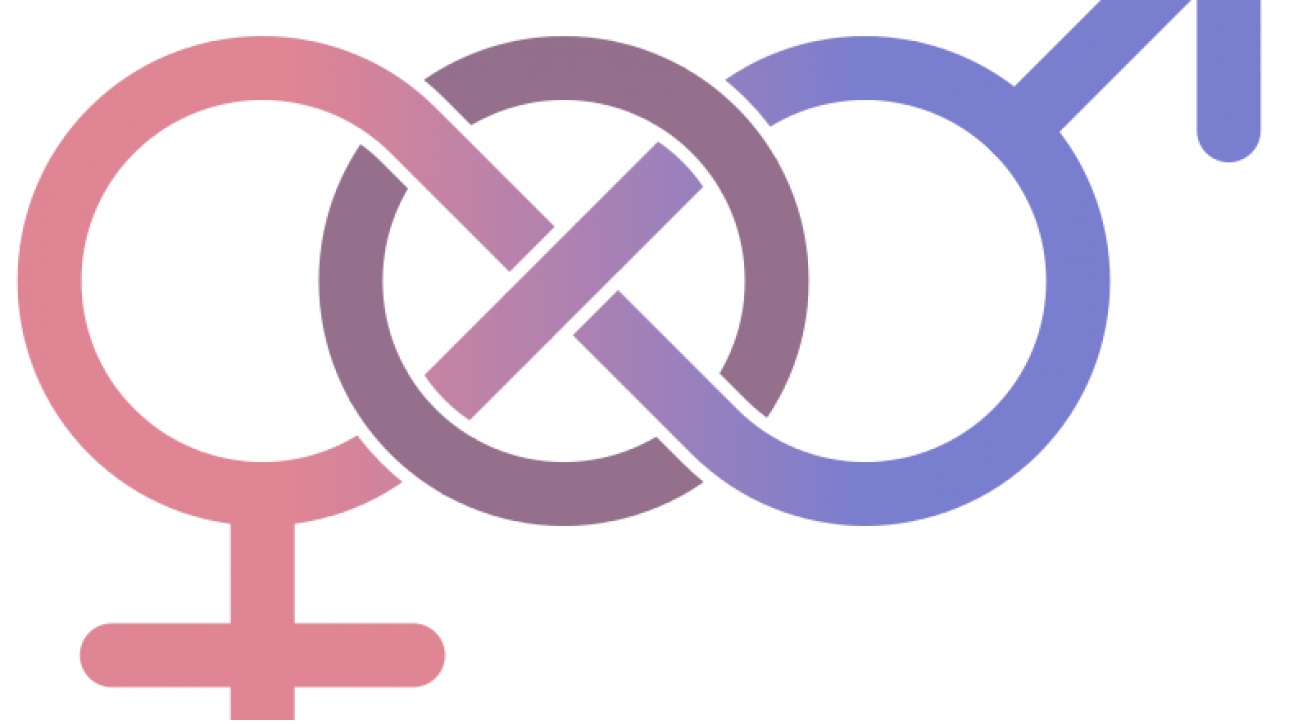Intersexual people are also called "intersexual" among other things. They have physical sex characteristics that cannot be categorized as either "female" or "male". In this context, there is often talk of so-called "physical variations".
Often, not only the primary sexual characteristics are affected, but also the production of hormones. This can be seen in the body hair and muscles, among other things.
Many intersex people are discriminated against in everyday life. It is all the more important to educate in order to ensure that, ideally, prejudices cannot arise in the first place.
In some affected persons an existing intersexuality already shows at birth. Sometimes it takes some years until intersexuality can be clearly spoken of.
Intersexuality - how many people are affected?

For a long period of time, intersexuality was almost not talked about at all. Accordingly, until today there are no official, reliable statistics, which could be used to read how many intersexual people live in Germany, for example. Current estimates assume about 1.5% of the total German population.
It is difficult to make a standardized statement, because there are different forms of intersexuality.
In addition, it is also possible to hide one's own intersexuality - depending on the form. Some affected people go this way, for example to protect themselves from discrimination.
Man or woman - what are intersex people?
Intersex people refer to themselves - at least in written form - often with an "inter*". The asterisk indicates that they are free to define themselves as they wish. Some identify as male, some as female. Others, however, would describe themselves as non-binary or similar. Intersexuality can be very versatile and offers those affected the opportunity to stand by themselves like everyone else.
One thing is certain: The vast majority of intersex people are not ill. There are a few characteristics that can have a negative impact on health. However, these are very rare. Intersexual people who have such concerns should always contact their doctor with confidence.
Intersexuals and their rights
Intersexual babies were operated on as early as possible until a few years ago. Even then, many people who advocated for queer rights were skeptical of such interventions. The goal that the surgeries were intended to achieve was clear. Those responsible were concerned with ensuring as early as possible that the children fit either "female" or "male".
Unfortunately, however, it became apparent time and again that early operations could lead to necessary follow-up treatments. In many cases, however, there was no health necessity for the corresponding operations. In addition, there was often a lack of comprehensive information. In short, there was definitely a need for action. The commitment of many organizations paid off. And since about the summer of 2021, intersexual children have been protected from "gender-altering surgical procedures."
Among other things, this means:
- Operations to treat children who are incapable of giving consent are prohibited if the only purpose is to make them look "male" or "female".
- In most cases, the family court examines whether the best interests of the child are being served.
The treatment of intersex people over time
There is evidence from the early modern period that points to intersexuality. There were times and regions in which intersexual people were revered, but also phases in which they were persecuted and killed. Whoever needs help as an affected person today can usually find - especially in the larger cities - many contact and counseling centers. Also a talk therapy can often help to classify one's own feelings, which can arise in the course of self-identification.

Sounds very strange, I have never met such a person. Trans people don't belong there, do they? I can't quite figure it out.